Address
304 North Cardinal
St. Dorchester Center, MA 02124
Work Hours
Monday to Friday: 7AM - 7PM
Weekend: 10AM - 5PM
Address
304 North Cardinal
St. Dorchester Center, MA 02124
Work Hours
Monday to Friday: 7AM - 7PM
Weekend: 10AM - 5PM

Body Condition Scoring is typically based on a numerical scale—commonly 1 to 5—where 1 indicates extremely thin cows, 3–4 denotes moderate or ideal condition, and 5 signifies excessively fat cows
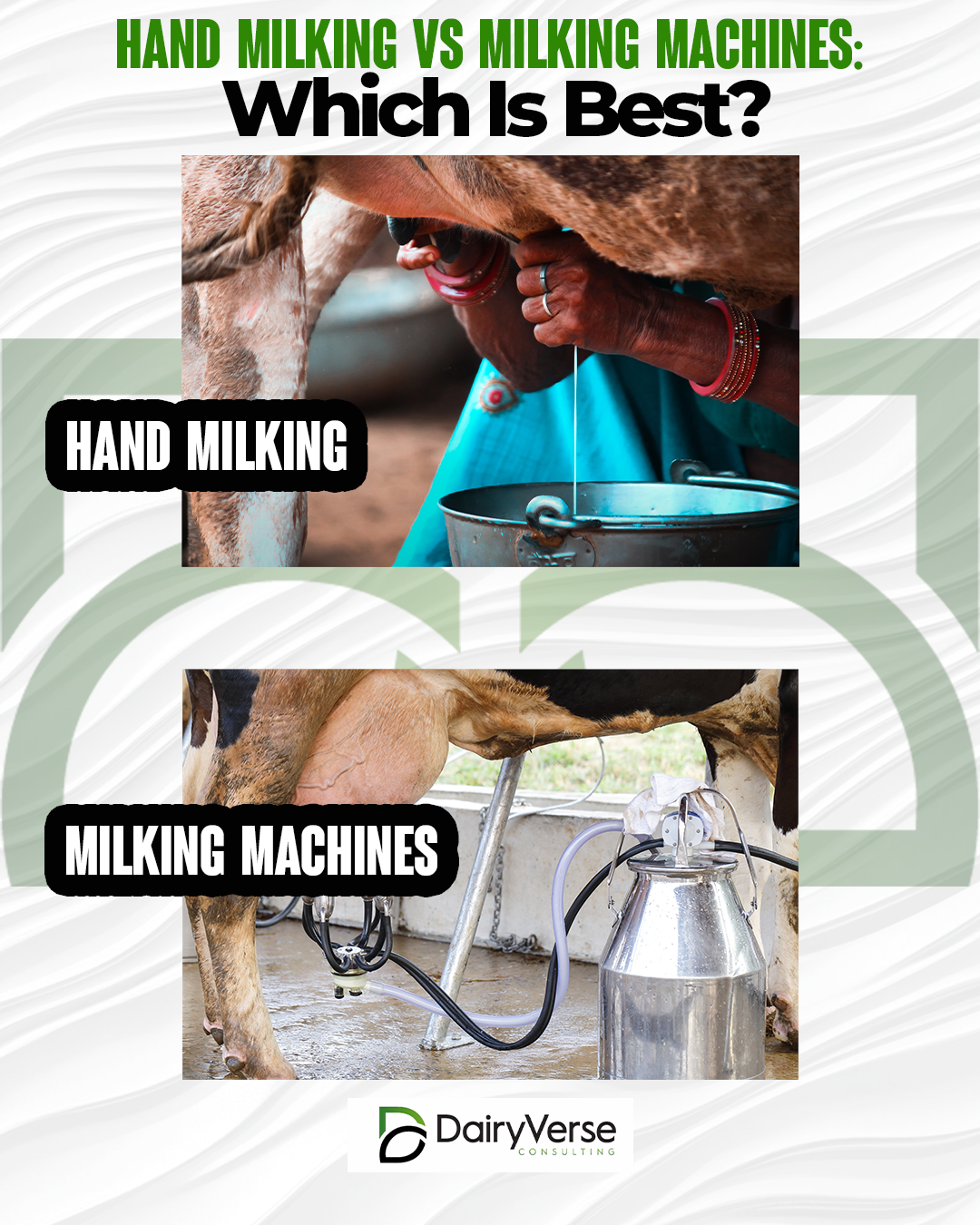
For centuries, hand milking was the only option for obtaining milk from cows. Over time, modern technology introduced milking machines, revolutionizing dairy operations worldwide.
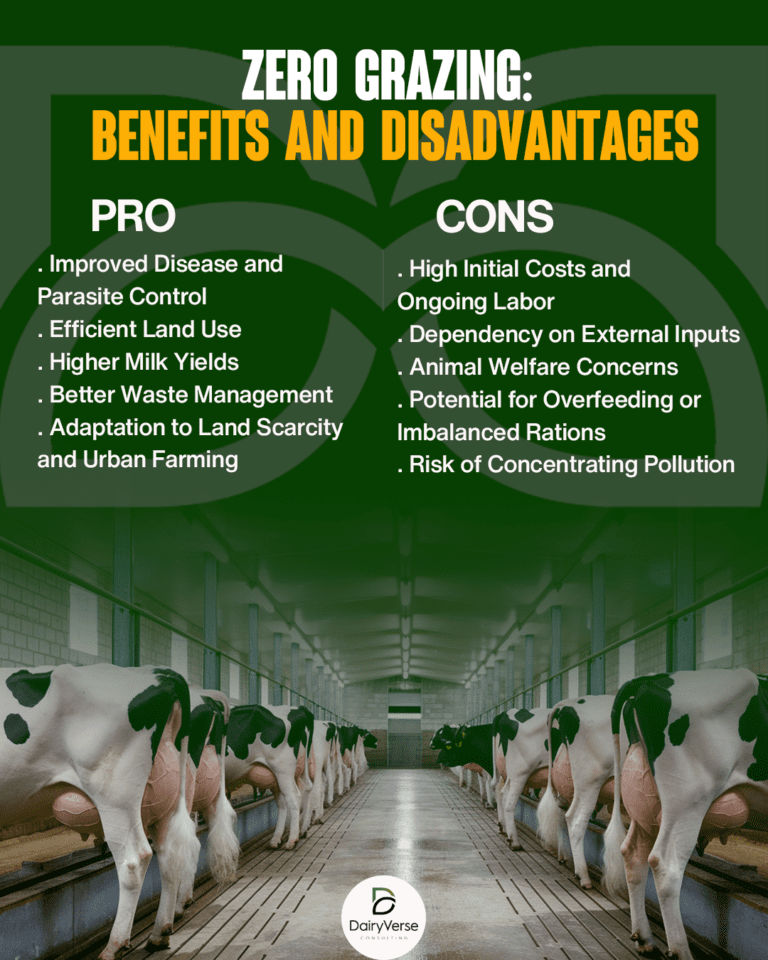
Zero grazing (also known as “cut-and-carry” feeding) is a livestock management system in which animals—often dairy cows—are kept in a confined area or stall and fed with fresh fodder that is cut and brought to them.

A successful calving process is a crucial milestone for any dairy farmer. The well-being of the cow and the health of the newborn calf significantly impact milk production and farm productivity.

Milking a cow is a fundamental skill in dairy farming, ensuring the animal's health, hygiene, and optimal milk production.

Milk production is the backbone of dairy farming, and increasing yield naturally can lead to healthier cows and better-quality milk.
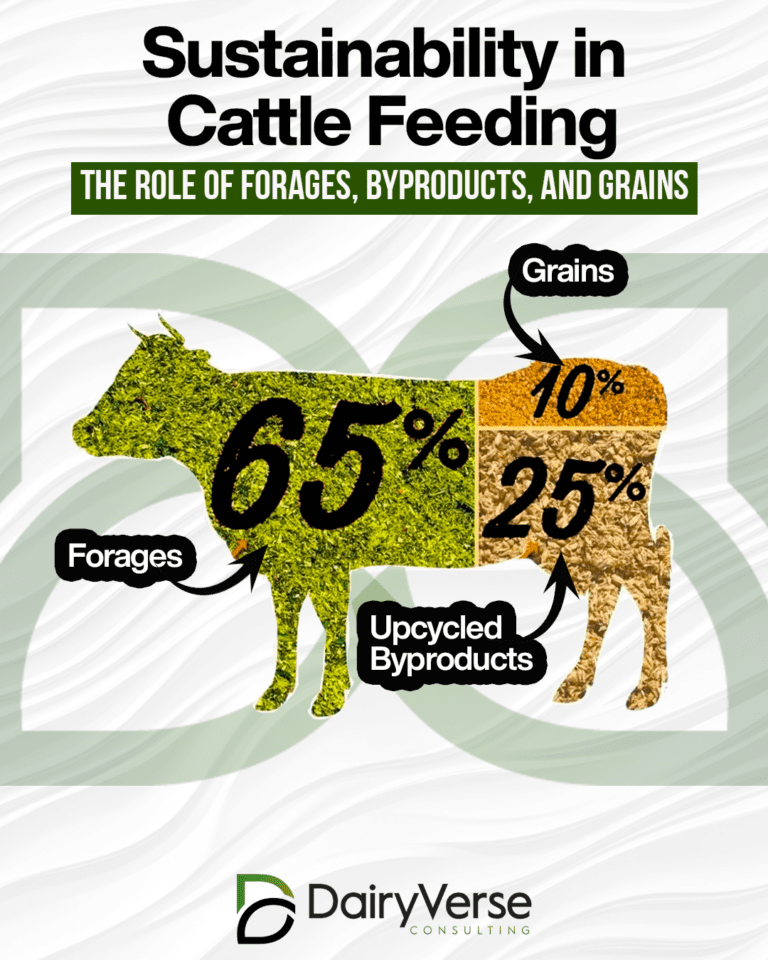
Sustainability in agriculture is a growing concern as the world grapples with environmental challenges, resource limitations, and the need to feed a growing population.
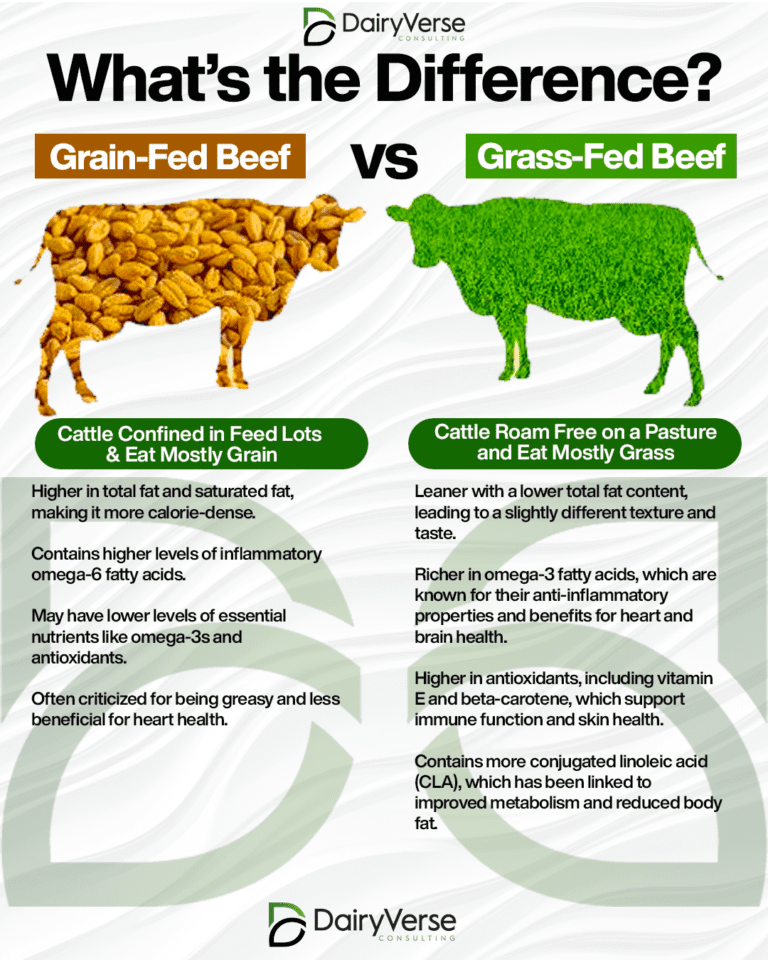
While both types of beef provide protein and essential nutrients, they differ significantly in how the cattle are raised, their nutritional profiles, and their overall effects on human health.
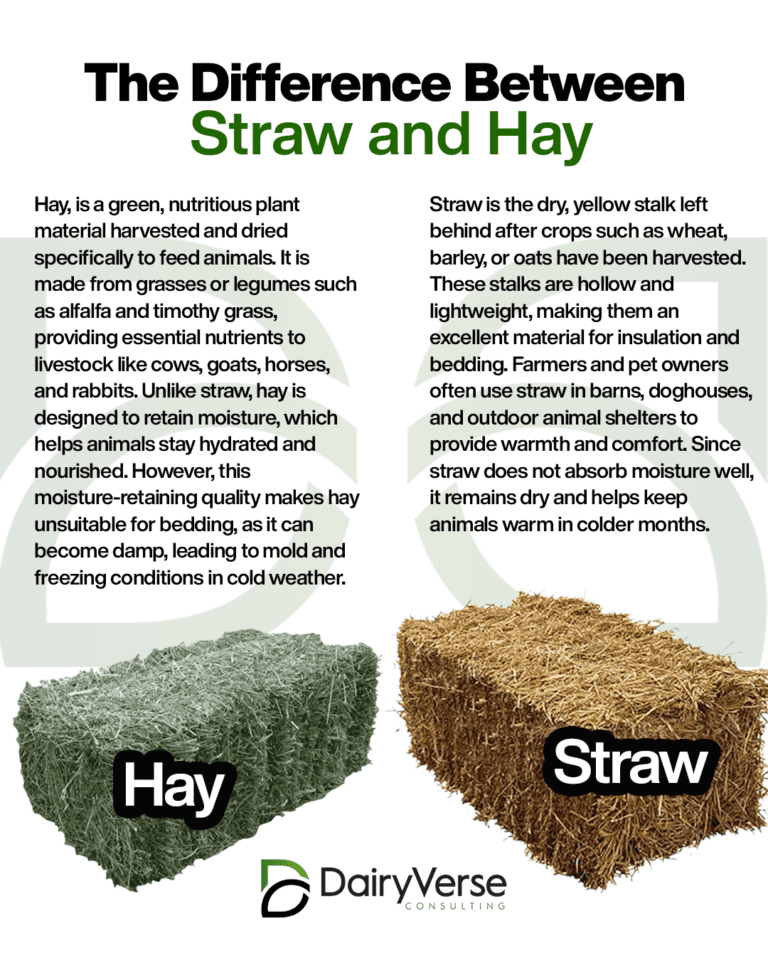
Many people confuse straw and hay, but these two materials serve entirely different purposes in farming and animal care.

Dairy cows require a balanced and nutrient-rich diet to maintain their health, support reproduction, and maximize milk production.